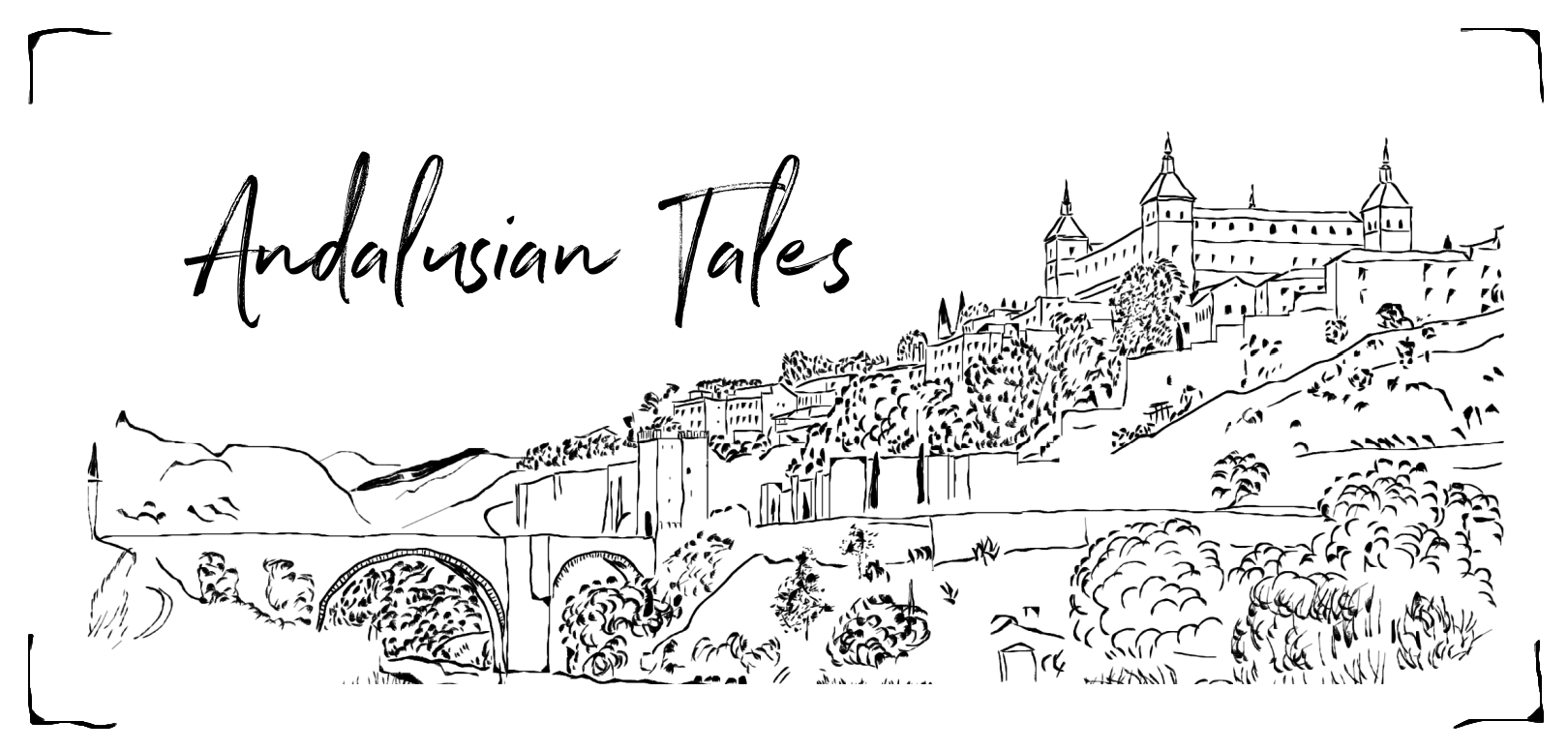On blindness and true guides
“A blind man, if he be not quite blind, refuses to be led by a guide; and, since he sees a little, he thinks it better to go in whatever happens to be the direction which he can distinguish, because he sees none better; and thus he can lead astray a guide who sees more than he, for after all […]
